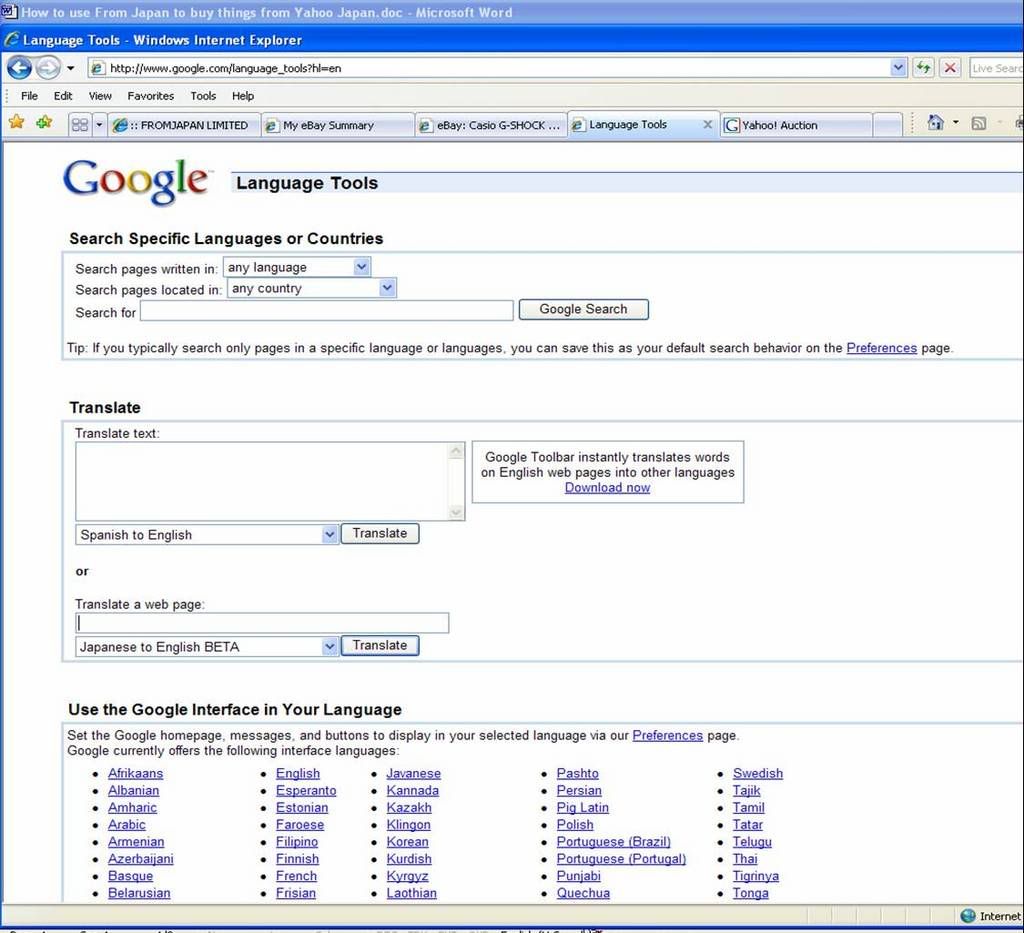The Close of a Chapter
7 years ago
It's been tastefully renovated from 'spending your spare time with Yijing and his scribbles' to 'listening to Yijing's craps' :D
 Due to recent advances in information communication technology (ICT), there are quite a number of big corporations earning revenue from advertising related to Internet Search, Web-based emails and social networking: for instances, Yahoo and Google have conducted researches by requesting their engineers to be engaged in the innovation process by spending about 20 % of their time working on a chosen project and thus producing many not-for-profit tools such as Google Talk or Yahoo Messenger and Gmail or Yahoo Mail.
Due to recent advances in information communication technology (ICT), there are quite a number of big corporations earning revenue from advertising related to Internet Search, Web-based emails and social networking: for instances, Yahoo and Google have conducted researches by requesting their engineers to be engaged in the innovation process by spending about 20 % of their time working on a chosen project and thus producing many not-for-profit tools such as Google Talk or Yahoo Messenger and Gmail or Yahoo Mail.How about using something scientific?"Shut up! You Moron!" Pretty scary result: 闭嘴!你木伦!
After that, I had performed a reverse by translating the two given Chinese characters: 木伦 to see the term's meaning in English, and to my amazement, a translation result appeared, which made me faint: Wood-Lun
I decided to have other alternatives in translation of the similar sentences from English into Simplified Chinese and the following shows the results I had:"Data that is presented in a table can be understood easily."
Not-quite meaningful result: 数据是在一个表是可以理解的容易。
Again, I translated the result given into English and surprisingly, I realized that the translator had changed the actual meaning of the original sentence: Data in a form that can easily understandable What differentiates between table and form?
闭嘴! 您蠢人! Not bad :)Huajian Translation:在桌里被提出的数据可以容易地被了解 Well, scientific data you've collected from an experiment, according to Yahoo Babel Fish, is related to your drawers. :D
闭嘴! 你白痴! Prefect!
在表格里被提出的数据可以容易被理解 Not bad though can't still distinguish between form and table
沉默! 你愚笨! = = "
在桌子中被表示的数据容易能理解 A round or rectangular one provides you with accurate and precise data?
闭嘴! 您蠢人! = Yahoo Babel Fish
在桌里被提出的数据可以容易地被了解 = Yahoo Babel Fish
闭嘴!你低能者! FantasticLook at the power of the translators, do you dare to use them for translation when talking to a new friend who does not know your m0ther language? :)Well, to read more about such funny translation story, please move on to another post by one of my bloggy friends: Surely You are Joking, Google Translation.
数据那在一张表中被赠送能够容易地被理解 = Complimentary?

Copyright © 환영! Yijing's Weblog
Thanks to WP Theme by Simply WP
| Blogger theme by
BloggerThemes |
0 comments:
Post a Comment